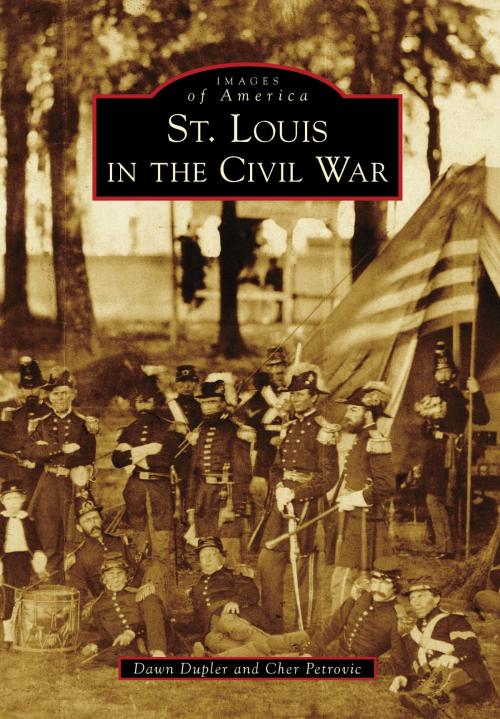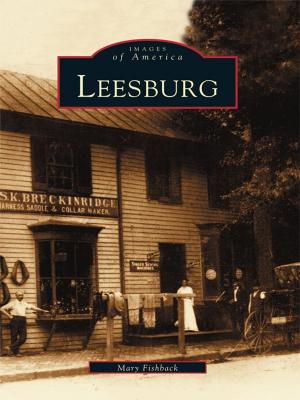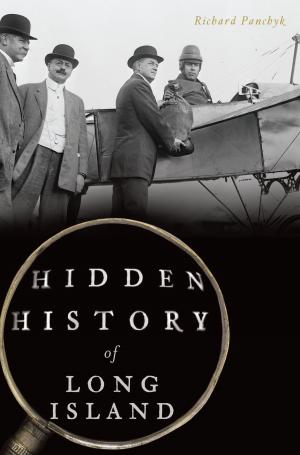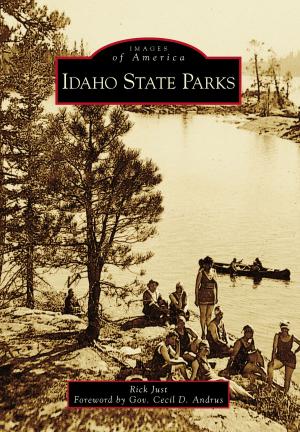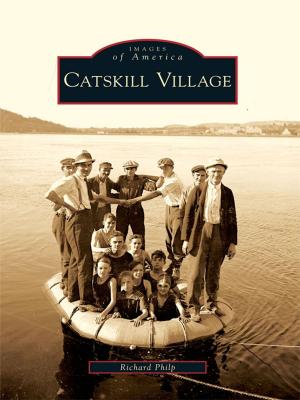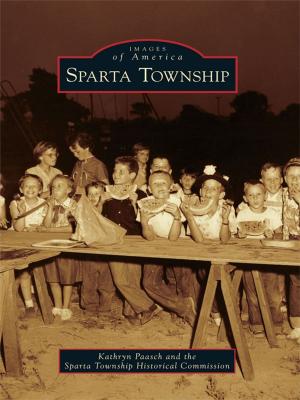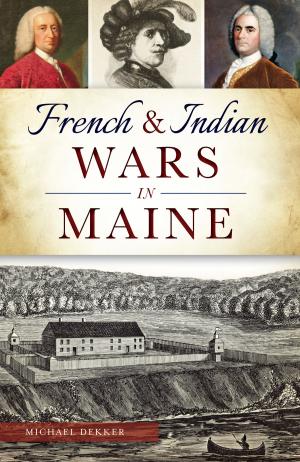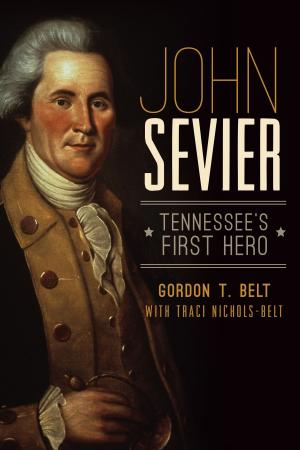St. Louis in the Civil War
Nonfiction, History, Military, Pictorial, Americas, United States, Civil War Period (1850-1877)| Author: | Dawn Dupler, Cher Petrovic | ISBN: | 9781439644799 |
| Publisher: | Arcadia Publishing Inc. | Publication: | February 17, 2014 |
| Imprint: | Arcadia Publishing | Language: | English |
| Author: | Dawn Dupler, Cher Petrovic |
| ISBN: | 9781439644799 |
| Publisher: | Arcadia Publishing Inc. |
| Publication: | February 17, 2014 |
| Imprint: | Arcadia Publishing |
| Language: | English |
On May 10, 1861, Union troops surrounded Camp Jackson, a military encampment where Confederate leaders were accused of conspiring to seize the St. Louis Arsenal, the largest store of munitions west of the Mississippi. The state militia, which numbered more than 600 men, answered the call of Missouri�s pro-Southern governor Claiborne Fox Jackson to assemble but found themselves outnumbered 10 to 1 and were forced to surrender. As federal forces marched them through St. Louis, an angry crowd gathered. Gunfire crackled, leaving more than 24 people dead. St. Louis epitomized the growing tensions between the North and South. The city�s strategic position enabled James Eads�s shipyards to build ironclads, Jefferson Barracks to muster troops, and Gratiot Street Prison to hold POWs. The list of notables with ties to St. Louis reads like a who�s who of the Civil War: Robert E. Lee, Ulysses S. Grant, Jefferson Davis, William T. Sherman, Nathaniel Lyon, James Longstreet, George Pickett, and others.
On May 10, 1861, Union troops surrounded Camp Jackson, a military encampment where Confederate leaders were accused of conspiring to seize the St. Louis Arsenal, the largest store of munitions west of the Mississippi. The state militia, which numbered more than 600 men, answered the call of Missouri�s pro-Southern governor Claiborne Fox Jackson to assemble but found themselves outnumbered 10 to 1 and were forced to surrender. As federal forces marched them through St. Louis, an angry crowd gathered. Gunfire crackled, leaving more than 24 people dead. St. Louis epitomized the growing tensions between the North and South. The city�s strategic position enabled James Eads�s shipyards to build ironclads, Jefferson Barracks to muster troops, and Gratiot Street Prison to hold POWs. The list of notables with ties to St. Louis reads like a who�s who of the Civil War: Robert E. Lee, Ulysses S. Grant, Jefferson Davis, William T. Sherman, Nathaniel Lyon, James Longstreet, George Pickett, and others.
